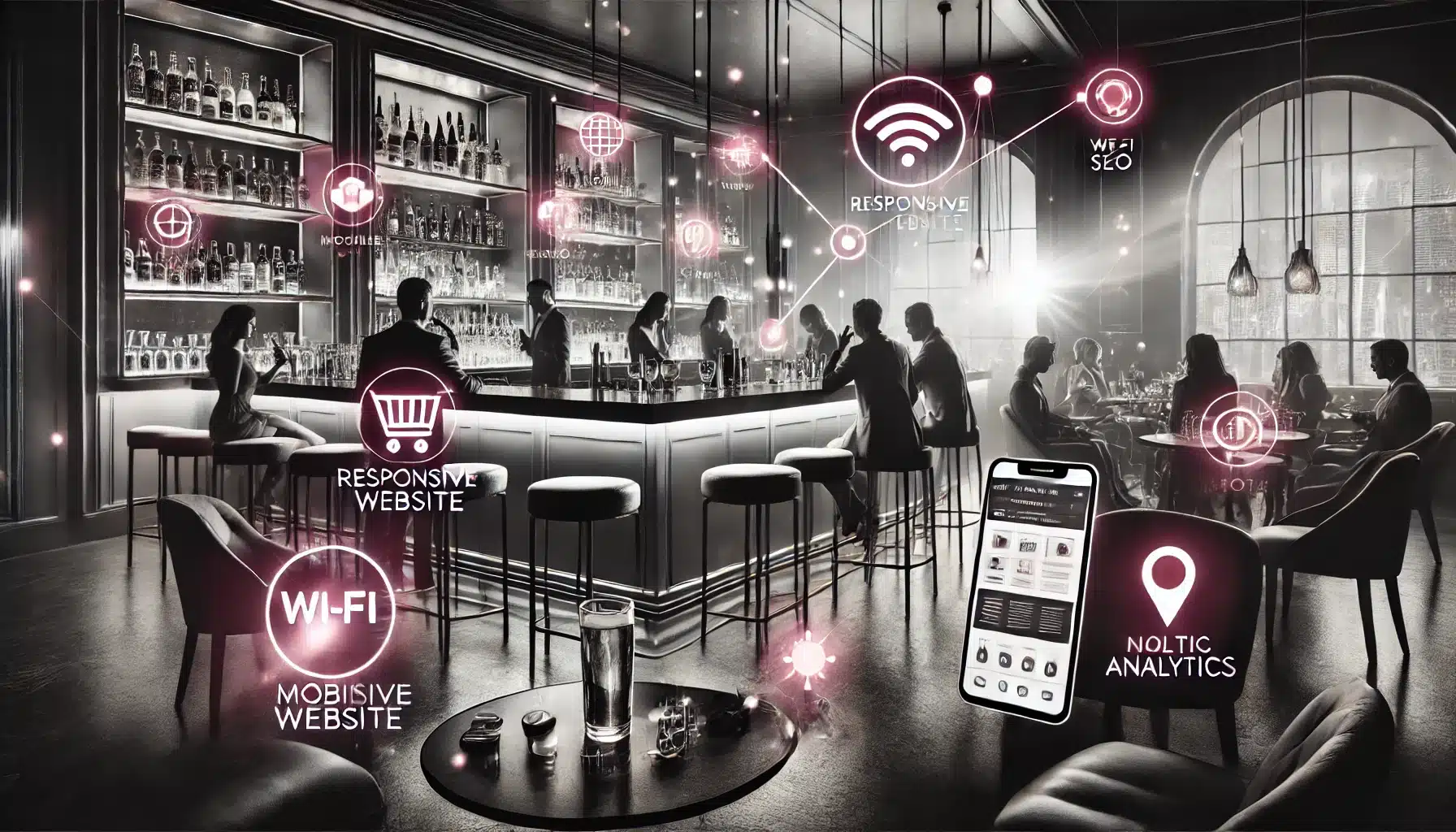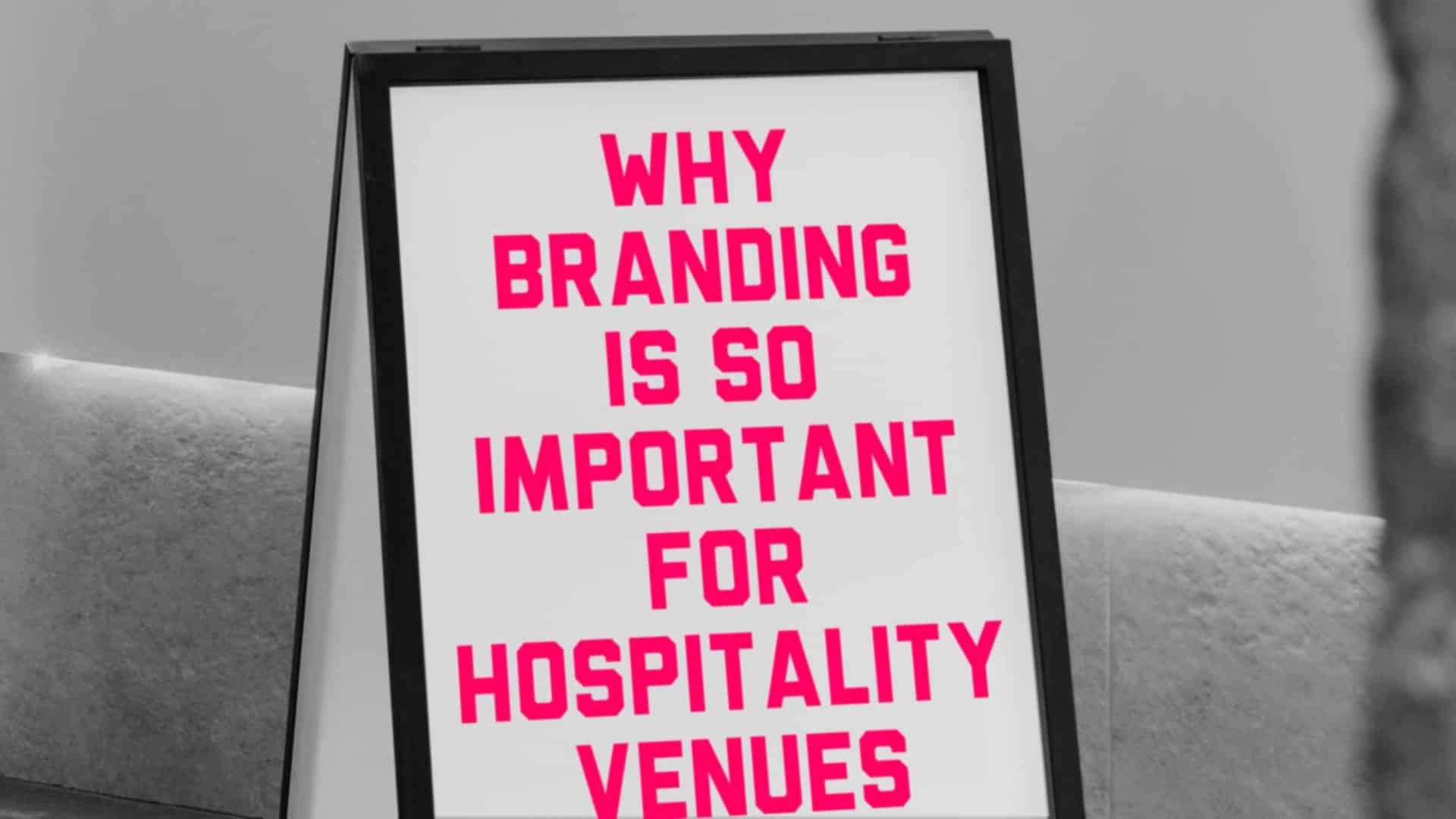Mobile-Friendly is a Must-Have
In the fast-paced, tech-savvy world we live in today, the importance of having a mobile-friendly website cannot be overstated—especially for businesses in the hospitality industry. Whether you run a family-owned café in Perth, a chic cocktail bar in Melbourne, or a luxurious resort in the Whitsundays, your website is often the first interaction customers have with your brand. And guess what? Most of these interactions are happening on mobile devices.
Let’s explore why mobile-friendly websites are absolutely non-negotiable for hospitality businesses and how they can transform your customer experience—and your bottom line.
Australians Are Mobile-First Consumers
Australia has one of the highest smartphone penetration rates in the world, with nearly 90% of the population owning a smartphone. For hospitality businesses, this means your customers are using their phones to:
- Search for nearby restaurants, hotels, or bars.
- Browse menus, reviews, and services.
- Make reservations or book rooms on the go.
If your website isn’t mobile-friendly, you risk losing these potential customers to competitors with sleek, user-friendly mobile experiences.
First Impressions Matter
Imagine someone Googles “best beachside hotels in Queensland” and lands on your website. If they’re greeted by a slow-loading page, hard-to-read text, or images that don’t display properly, they’ll likely click away—and fast. Studies show that 53% of users abandon a website if it takes more than three seconds to load, and mobile users are even less patient.
For hospitality businesses, this could mean missed bookings, reservations, or inquiries. A mobile-friendly website ensures you capture interest immediately with:
- Fast loading times.
- Easy-to-navigate menus.
- High-quality visuals optimised for smaller screens.
Enhanced User Experience = More Conversions
A mobile-friendly website doesn’t just look good—it works well. It’s designed to provide a seamless experience for users, encouraging them to take action, such as:
- Booking a table for dinner at your restaurant.
- Reserving a room at your hotel.
- Viewing your bar’s cocktail menu.
Features like click-to-call buttons, intuitive navigation, and straightforward booking forms make it easier for customers to engage with your business, leading to higher conversion rates.
Google Prioritises Mobile-Friendly Websites
Here’s the kicker: Google loves mobile-friendly websites. In fact, the search engine giant uses mobile-first indexing, which means it primarily evaluates the mobile version of your site when determining search rankings. If your website isn’t mobile-optimised, you’ll struggle to appear in search results—even if you’ve nailed other aspects of SEO.
For hospitality businesses, strong visibility on search engines is critical to attracting both local and international customers. A mobile-friendly website can help you rank higher, drive more traffic, and ultimately increase bookings.
Catering to Spontaneous Decisions
Hospitality often thrives on last-minute decisions. Think about it: how many times have you searched for “best restaurants near me” while walking through a new city or looked up nearby hotels when extending a holiday?
A mobile-friendly website ensures your business is ready to capture these spontaneous customers. If your website offers:
- Real-time availability.
- Instant booking options.
- Location-specific details.
You’ll be better positioned to convert on-the-go browsers into paying customers.
Building Trust and Credibility
A polished, mobile-friendly website isn’t just functional—it also reflects your brand’s professionalism and attention to detail. For hospitality businesses, where customer experience is everything, this can make all the difference.
A well-designed mobile site with crisp images, clear text, and easy navigation communicates that you care about your customers’ experience from the very first interaction. It builds trust and encourages them to choose your venue over the competition.
How to Ensure Your Website is Mobile-Friendly
If you’re wondering whether your website meets mobile-friendly standards, here’s what to check:
- Responsive Design: Your site should automatically adjust to fit any screen size, from smartphones to tablets.
- Fast Loading Times: Optimise images and code to ensure your site loads in under three seconds.
- Easy Navigation: Menus, booking forms, and contact information should be accessible in just a few taps.
- Readable Text: Avoid small fonts that require users to zoom in. All text should be legible without pinching or scrolling.
- Clickable Buttons: Make sure buttons are large enough to tap easily, even on smaller screens.
The Bottom Line for Hospitality Businesses in Australia
A mobile-friendly website isn’t just a nice-to-have—it’s a must-have for any hospitality business that wants to stay competitive. From improving your search rankings to enhancing the customer experience and driving more bookings, a mobile-optimised website is the foundation of your online success.This is where Knight Out stands out as the perfect partner for your digital marketing needs. With a deep understanding of the Australian hospitality industry, we specialise in creating mobile-optimised websites that combine functionality with stunning design. Our tailored solutions are built to elevate your online presence, attract the right audience, and maximise conversions. Whether it’s crafting a seamless booking experience or ensuring your website is Google-friendly, Knight Out has the expertise to take your hospitality business to the next level. Don’t just adapt—thrive with a mobile-friendly website powered by Knight Out.



